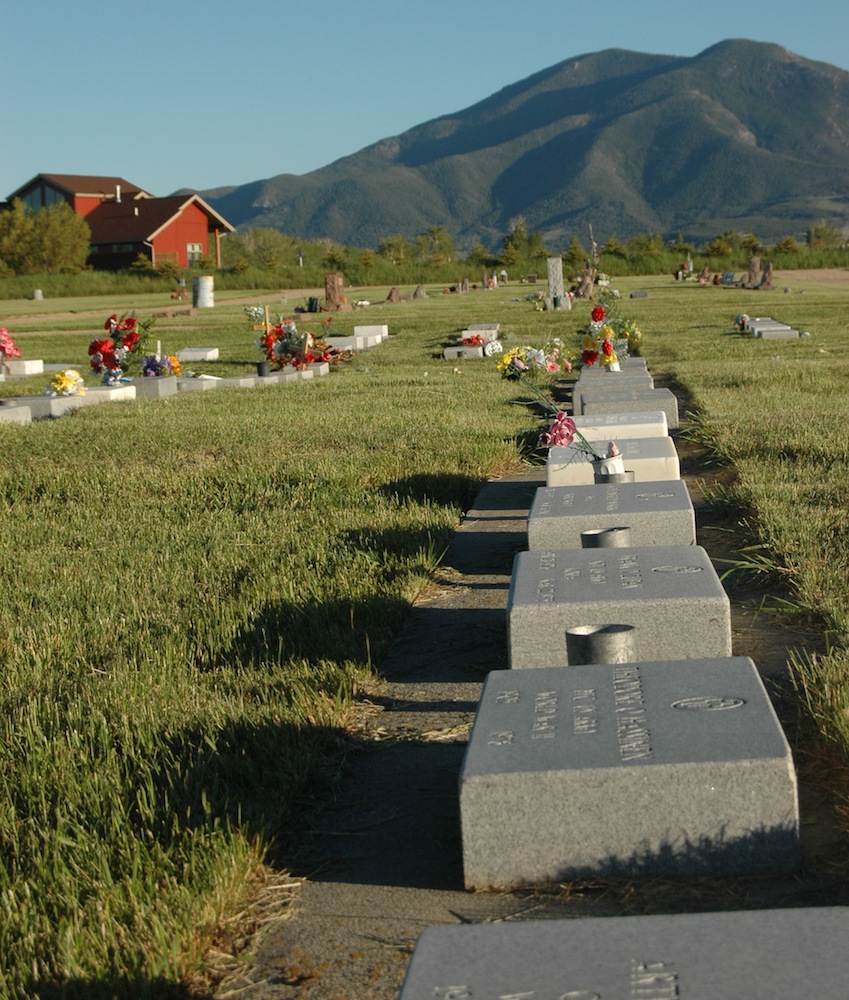Why Do We Die?

We die naturally because our cells die.
After they’ve done their job, billions of cells in your body die each day and make way for new cells.
Old cells age us. Inside a cell, telomeres at the end of each chromosome contain genetic information that gets clipped away with each cell division. At first, telomeres are long enough that they can handle a snip here and a trim there. But after they hit a certain length, the information is lost.
Related: What exactly does it mean to die from 'natural causes'?
When programmed cell death goes haywire, it can lead to diseases such as cancer and Alzheimer's disease.
Damage from exposure to ultraviolet light and free radicals also age cells.
But don’t despair. Scientists have extended the lives of flies, worms and mice through genetic tinkering or technology that mimics the effects of caloric restriction. Some research suggests humans could one day live to 140 years of age.
Get the world’s most fascinating discoveries delivered straight to your inbox.
Follow Life's Little Mysteries on Twitter @llmysteries. We're also on Facebook & Google+.
 Live Science Plus
Live Science Plus






